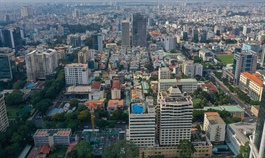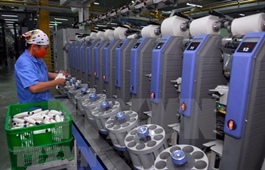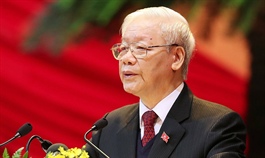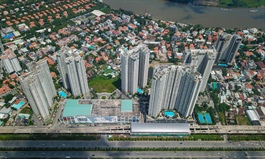Vietnam and India push up economic and investment ties
Vietnam and India push up economic and investment ties
Vietnam is encouraging Indian entrepreneurs to invest in segments like manufacturing, automobile supporting industry, IT, energy, high-tech agriculture, and innovation.
According to Tran Duy Dong, Deputy Minister of Planning and Investment, although the bilateral trade and investment relations of the two sides have had many positive results in recent years, they still fall short of the potential of the two countries.
“Vietnam is therefore welcoming Indian businesses to invest in Vietnam in fields which are of a particular strength of Indian businesses and where Vietnam is looking to enhance investment cooperation,” said Dong at the India-Vietnam Business Forum held on January 22 in Ho Chi Minh City.
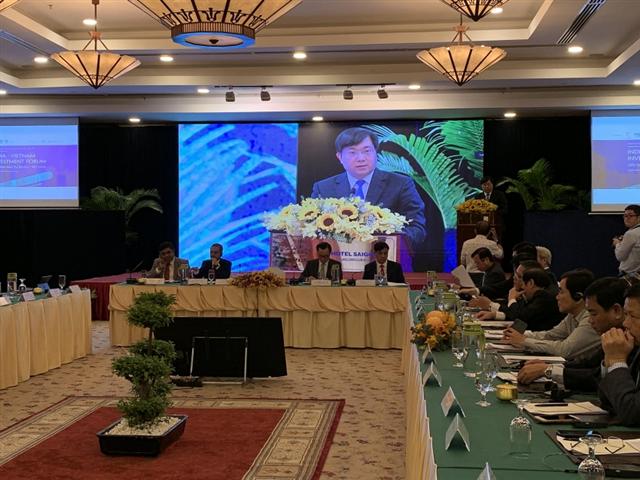
India is currently ranked 26th of the 139 countries and territories investing in Vietnam
|
The forum was coorganised by the Indian Consulate General in Ho Chi Minh City, the Private Economic Development Research Committee under the Government’s Advisory Council for Administrative Procedure Reform, Ho Chi Minh City People’s Committee, and VinaCapital.
According to the Ministry of Planning and Investment, India is currently one of the 10 most important trade partners of Vietnam, and Vietnam is the fourth-largest trading partner of India in ASEAN.
In terms of investment, India currently ranks 26th with 296 projects, out of 139 countries and territories investing in Vietnam. The main fields of Indian investment include processing and manufacturing, renewable energy, and mining.
Recently, the Politburo has issued Resolution No.50-NQ/TW on the orientation to complete institutions, policies, and improve the quality and efficiency of foreign investment cooperation to 2030.
“The government has affirmed that foreign-invested projects are an important constituent of the Vietnamese economy that facilitates long-term development and healthy cooperation,” Dong said.
He added that in order to attract high-quality foreign investment and investment from large-scale international investors, Vietnam has been proactively preparing conditions such as infrastructure system improvement, clear land fund, training high-quality human resources to meet the needs of foreign investors.
Don Lam, deputy chairman of the Private Economic Development Research Committee, co-founder and CEO of VinaCapital, has highly appreciated the government’s efforts on creating a conducive environment for the private sector.
“This was reflected in the establishment of the Private Economic Development Research Board to solve the difficulties that private companies – both Vietnamese and foreign – may face when doing business in Vietnam, as well as identify new opportunities and markets at home and abroad,” Lam said.
The private sector is driving the economic development of Vietnam, contributing an ever-larger portion of investment, going from 39 per cent in 2015 to 46 per cent in 2019. Also in 2019, the private sector also achieved the highest growth rate of 8.9 per cent, outperforming the GDP growth rate (7 per cent) as well as the foreign-invested sector (8 per cent).
The sector could also not be arrested by the COVID-19 pandemic. Overall, in 2020, the whole country had nearly 135,000 newly-registered enterprises with a total registered capital of more than VND2,200 trillion ($94 billion), an increase of 29 per cent in registered capital compared to the previous year.
“Entrepreneurs are ready for a new phase of economic recovery and development in Vietnam and the field with enormous potential that Vietnamese businesses are interested in is trade with India,” Lam said.
“The strategic relationship between Vietnam and India is not only import and export. Indian companies consider Vietnam an attractive destination for investment in the fields of oil and gas, steel, minerals, agro-product, and IT training. Additionally, Vietnam is a transit point for goods in the Southeast Asia region,” Lam said.







